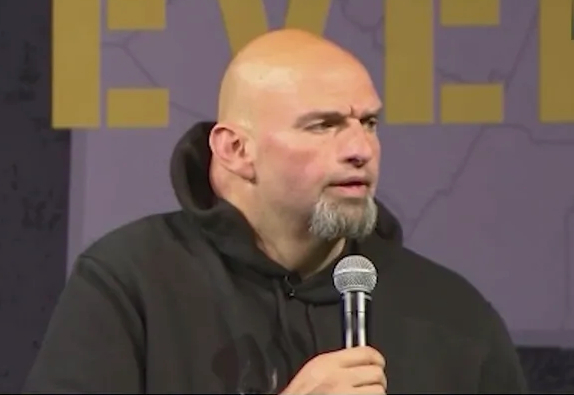Oliver Wiseman writes for the Washington Free Beacon about a new warning for the Western world.
“Who was the Tolstoy of the Zulus?” Saul Bellow is alleged to have quipped some time in the early ’90s. Deploying what in today’s meme-ified political culture would probably be described as a clap back, the sportswriter and essayist Ralph Wiley responded: “Tolstoy is the Tolstoy of the Zulus. Unless you find a profit in fencing off universal properties of mankind into exclusive tribal ownership.”
Bellow would later plead the defense of journalistic misunderstanding and misrepresentation. But let’s—for the sake of argument—stick to the oversimplified, if rather unfair, version of the story: Wiley schools grumpy old reactionary. Viewed from 2022, the interesting thing about the exchange is Wiley’s appeal to universalism. Today, such an approach to culture has become passé in fashionable left-wing circles. To be woke is to espouse the importance of “lived experience,” to indulge in the very “fencing off” that Wiley denounced, and to obsess over the differences, say, between the Zulus and the Russians, rather than claim that a book could transcend them. In other words, to the in crowd of elite progressives, sticking up for a great work of European literature and what it offers to whoever might pick it up—whether they happen to be in St Petersburg or Soweto—is more than a little “problematic.”
What happened? When did the tables turn? And why do those of us who still believe in that universalism suddenly find ourselves out of step with the ideas that seem to dominate public life? More broadly, why is the West beset by a sometimes paralyzing self-loathing? These are some of the questions Douglas Murray answers in The War on the West, a book he describes in its introduction as being “about what happens when one side in a cold war—the side of democracy, reason, rights, and universal principles—prematurely surrenders.”


